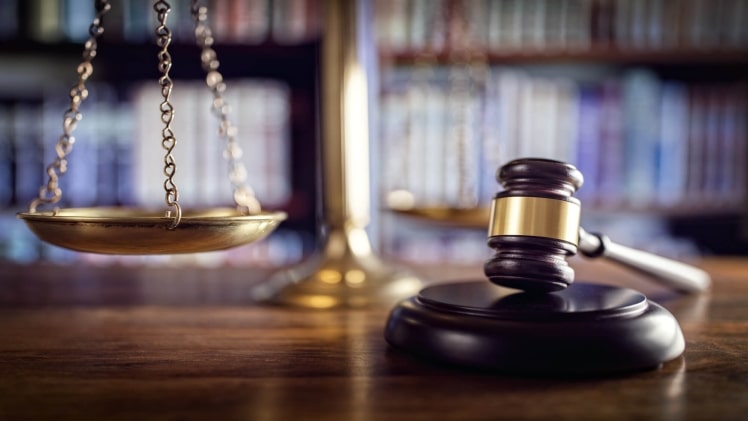Filing for bankruptcy raises a lot of questions. Is my credit going to suffer? Is this something I’ll be able to afford? What am I going to lose? What will I get out of it? Many people don’t even understand the difference between Chapter 7 and Chapter 13 bankruptcy. A mistake can have grave consequences.
Chapter 7
You petition the bankruptcy court for Chapter 7 bankruptcy discharge in exchange for allowing a trustee to seize non-exempt property owned by you, sell it, and distribute the proceeds among your creditors. A list of state exemptions allows you to choose which property you wish to keep. In most states, Chapter 7 bankruptcy lets you keep the following things, though the laws may differ:
- Eligibility for a homestead exemption (the value of your home). Homestead exemptions may not be available in all states, while others permit debtors to keep some or all of their home’s equity. Speak with a bankruptcy attorney in Charleston, WV, for more information.
- Coverage. The cash worth of your coverage usually is yours to retain. You may also keep employer-sponsored benefits.
- Retirement plans. Among the reasons these investments are valuable is the fact that most retirement payouts are explicitly protected from bankruptcy
- Personal belongings. The majority of household items, furniture, furnishings, clothing (besides furs), appliances, books, and musical instruments may be left behind. The value of jewelry must not exceed $1,000.
- Automobile. As long as the car’s value does not exceed a few thousand dollars, most states allow you to keep it.
- Public assistance. All public benefits, such as Social Security and unemployment insurance, are protected.
- The tools you utilized on the job. In most professional or trade fields, you can keep up to a few thousand dollars worth of tools.
Chapter 13
Rather than filing for Chapter 13 bankruptcy, you can work out a repayment plan with the bankruptcy court to repay part or all of your debts over time. Based on how much you earn, how much debt you have, and how much property you own, you have to repay a certain amount. Since your salary funds your repayment plan, you do not lose any assets in Chapter 13 as you might in Chapter 7. As opposed to a Chapter 7 bankruptcy, Chapter 13 is more like reorganizing your existing debts.

